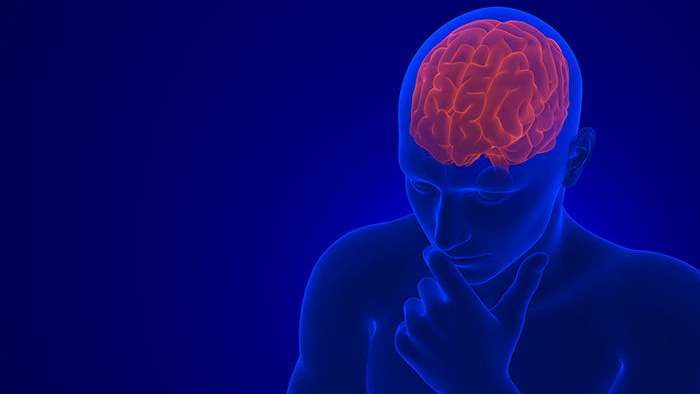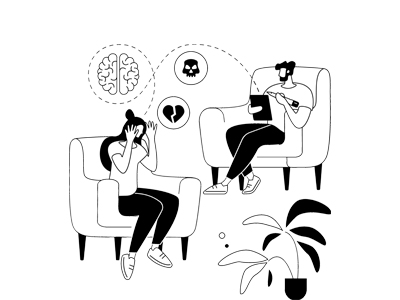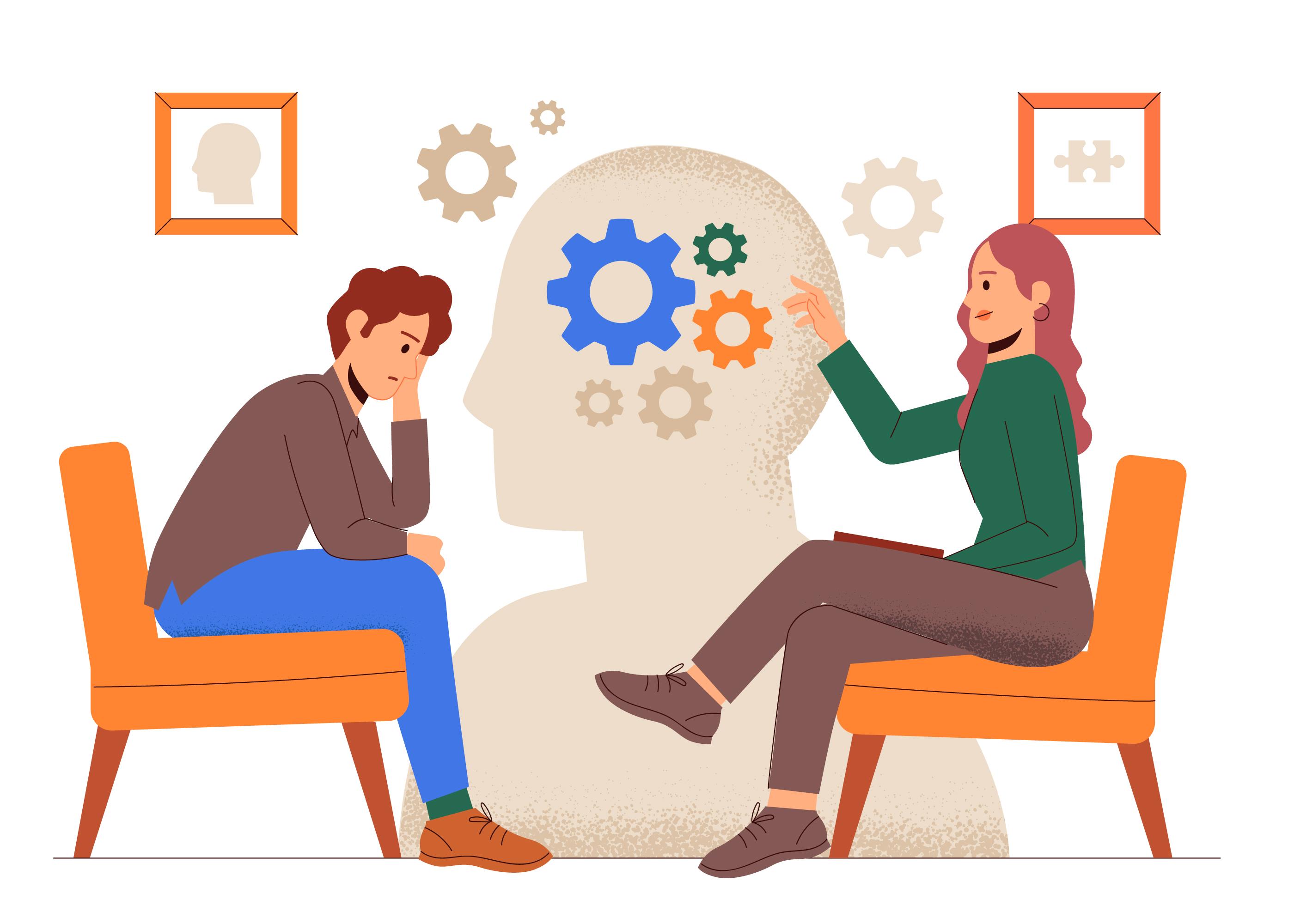Teach on PsyCourse. Become an Instructor today....Register now
Description
Psychopathology is the scientific study of mental disorders or abnormal behavior. It is a branch of psychology and psychiatry that aims to understand the nature, causes, and treatment of psychological disorders. Psychopathology examines various psychological, biological, social, and environmental factors that contribute to the development and manifestation of mental disorders.
This course is intended for students who want to understand and learn about mental disorders or abnormal behavior. Pupils will learn about the various types of diseases, their treatments, and how to interact with those who are suffering from any form of disorder. The course includes:
Mood Disorders:
- Major Depressive Disorder (MDD): Characterized by persistent feelings of sadness, hopelessness, and loss of interest or pleasure in activities.
- Bipolar Disorder: Involves periods of depression and periods of mania or hypomania, which are characterized by elevated mood, increased energy, and impulsive behavior.
Anxiety Disorders:
- Generalized Anxiety Disorder (GAD): Involves excessive and uncontrollable worry about various aspects of life.
- Panic Disorder: Marked by recurrent panic attacks, which are intense episodes of fear accompanied by physical symptoms like rapid heartbeat and shortness of breath.
- Social Anxiety Disorder: Characterized by an intense fear of social situations and a fear of being negatively judged by others.
Psychotic Disorders:
- Schizophrenia: A chronic and severe mental disorder that causes hallucinations, delusions, disorganized thinking, and unusual behavior.
Personality Disorders:
- Antisocial Personality Disorder (ASPD): Involves a pattern of disregarding and violating the rights of others, often with a lack of empathy or remorse.
- Borderline Personality Disorder (BPD): Characterized by unstable mood, self-image, and relationships, often leading to impulsive behavior and intense emotional reactions.
Eating Disorders:
- Anorexia Nervosa: Involves an intense fear of gaining weight, leading to severe food restriction and extreme weight loss.
- Bulimia Nervosa: Characterized by recurrent episodes of binge eating followed by purging behaviors like self-induced vomiting or excessive exercise.
Substance-Related and Addictive Disorders:
- Substance Use Disorder: Includes a range of disorders related to the misuse of drugs or alcohol, leading to negative consequences and addiction.
Neurodevelopmental Disorders:
- Attention-Deficit/Hyperactivity Disorder (ADHD): Characterized by inattention, hyperactivity, and impulsivity, often causing difficulties in daily functioning.
Neurocognitive Disorders:
- Alzheimer's Disease: A progressive brain disorder that impairs memory, thinking, and behavior.
The course duration: 03 Months
View More
What you'll learn
- Mood Disorder
- Anxiety Disorders
- Psychotic Disorders
- Personality Disorders
- Neurodevelopmental Disorders
- Neurocognitive Disorders
- Substance-Related and Addictie Disorders:
- Eating Disorders
View More
Key Highlights
-
Instant e-Certificate
-
RCI Registered Faculties
-
Skill Oriented Course
-
Expert Faculty
-
Exclusive Tips
-
Online Flexible Lectures
Please login to rate and review the course.
Related Courses
By: Saumya Sharan
Psychopathology & Classification Systems- an introductory course
Featured Courses
Learners liking following courses.




-for-Depression.jpg)










